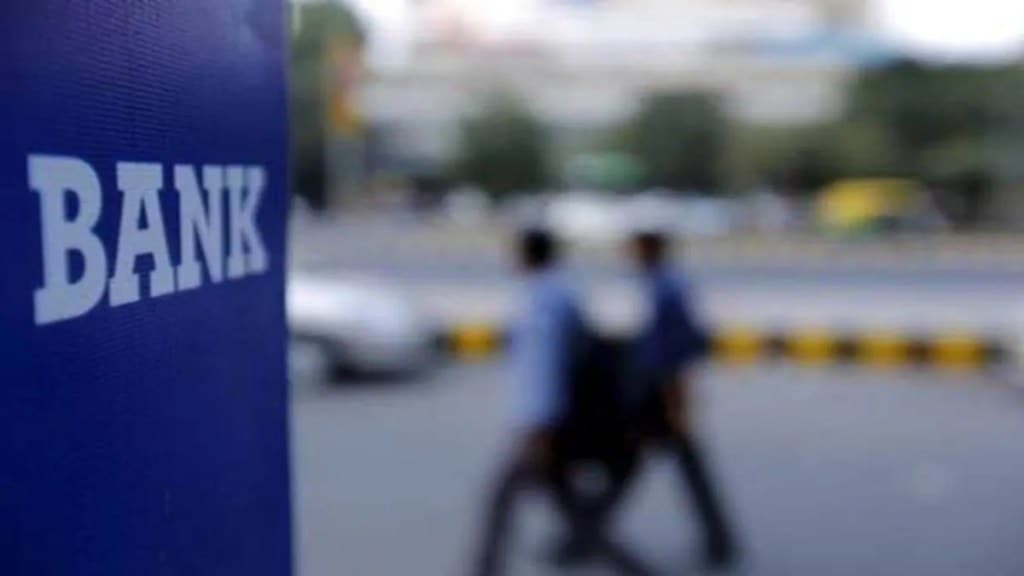To help curb frauds in the banking system, lenders have worked out a 20-point standard format to seek information on borrowers from the Central Economic Intelligence Bureau (CEIB) before sanctioning big-ticket loans. The move for a uniform format is aimed at reducing the delay in getting such information on economic offences.
The lenders, under the aegis of the Indian Banks’ Association (IBA), will also approach the finance ministry and the CEIB for digitising the entire process of information exchange to ensure real-time, time-bound information, senior bankers told FE.
Also Read: Central Bank of India likely to exit RBI PCA framework soon
“The IBA is working to expedite the information sharing process. These measures will not just help curb frauds but speed up big-ticket lending,” banking sources told FE.
According to the finance ministry’s guidelines on timely detection, reporting and investigation relating to large-value bank frauds, lenders need to ask for a report from the CEIB on prospective borrowers at the pre-sanction stage itself.
The report usually contains details of the borrowers’ track record, dealings with various financial institutions and possible exposure through related parties, among others.
Also Read: Narayan Rane says MSMEs have complained of banks not releasing credit despite govt schemes; will discuss issue with FinMin
Currently, there is no prescribed format for seeking this information. So, banks are sending requests to the CEIB as per their own formats in physical form. Consequently, information from the CEIB often comes late, delaying the lending process, even though the agency is supposed to furnish the report within seven days of receiving the request.
According to the extant government guidelines, banks should also seek the CEIB report on the renewal of existing large credit facility and non-performing asset accounts involving an amount of `50 crore and above.
According to the Reserve Bank of India’s annual report, frauds to the tune of `60,414 crore were reported in FY22, down 56% from `1.38 trillion in the previous year. However, the number of frauds rose almost 24% to 9,103 in FY22, compared with 7,359 frauds in the previous fiscal. The central bank’s data considers frauds involving an amount of `1 lakh and above only.

